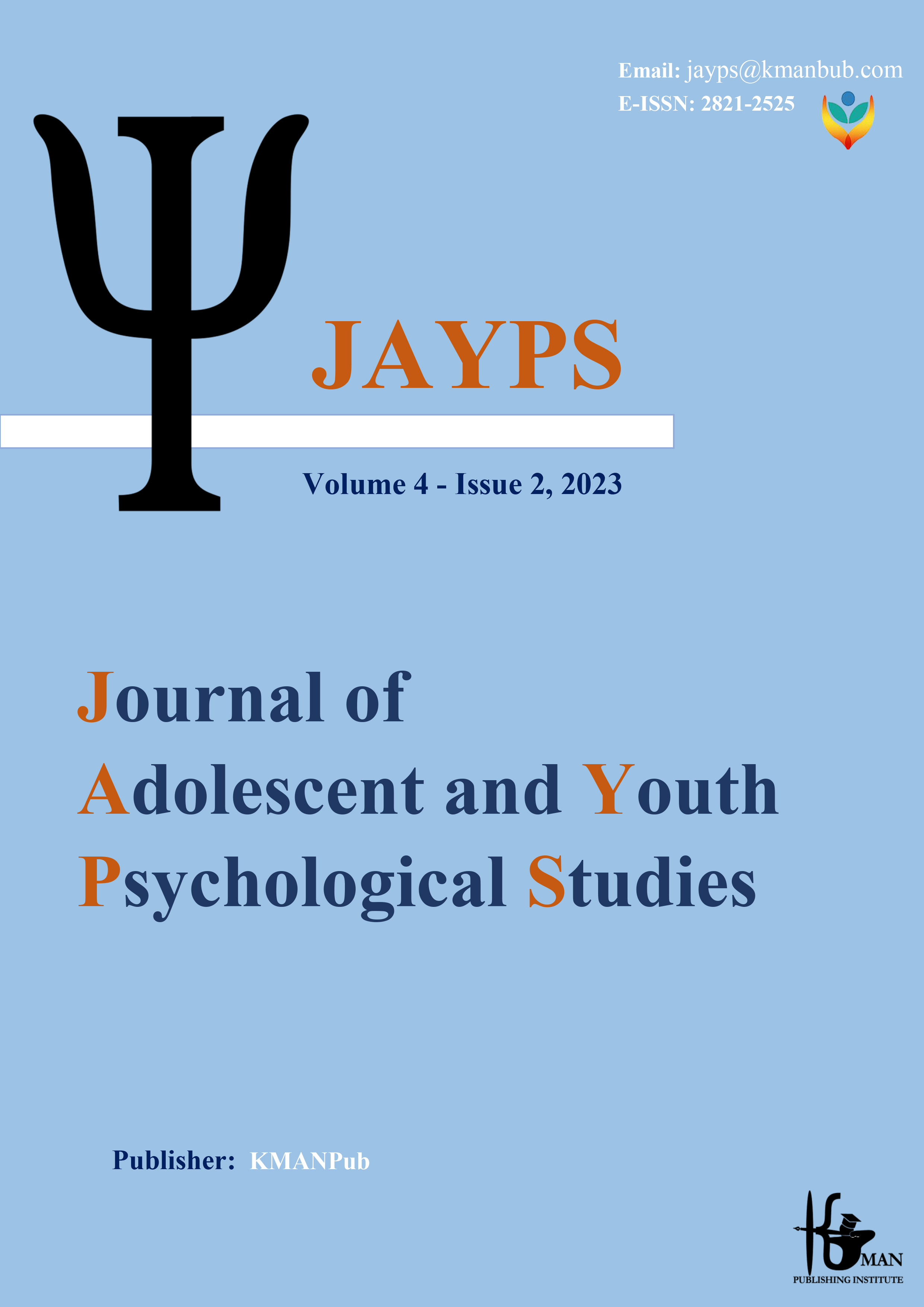The role of attachment to parents, peers and teachers in predicting academic self-handicapping of first secondary school students
Keywords:
academic self-handicapping, attachment to parents, attachment to peers, attachment to teachersAbstract
Background and Aim: Academic self-disability is one of the less known strategies used to explain failure. The aim of the present study was to investigate the role of attachment to parents, peers and teachers in predicting academic self-handicapping of first secondary students. Methods: This research was descriptive and correlational. The statistical population of the present study included all students (girls) of the first secondary level in Tehran in the academic year 2019-2020, which number was approximately 1840000, and 384 people were selected to determine the sample size using available sampling. The research tools included the academic self-handicapping scale, the revised list of attachment to parents and peers, and the scale of attachment to the teacher. In order to analyze the data, Pearson's correlation test and multiple linear regression were used. Results: The results have shown that there is a negative and significant relationship between attachment to parents, peers and teachers (acceptance and non-rejection) and self-disability (P<0.01). Also, the results of the regression analysis showed that attachment to parents and peers explain 0.56 percent of academic self-handicapping. attachment to teachers has no role in this prediction. Conclusion: It can be concluded that attachment to parents and peers played a role in predicting students' academic self-handicapping, but attachment to teachers has no effect on it.
Downloads
Downloads
Published
Issue
Section
License

This work is licensed under a Creative Commons Attribution-NonCommercial 4.0 International License.









